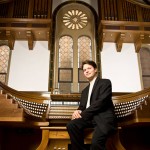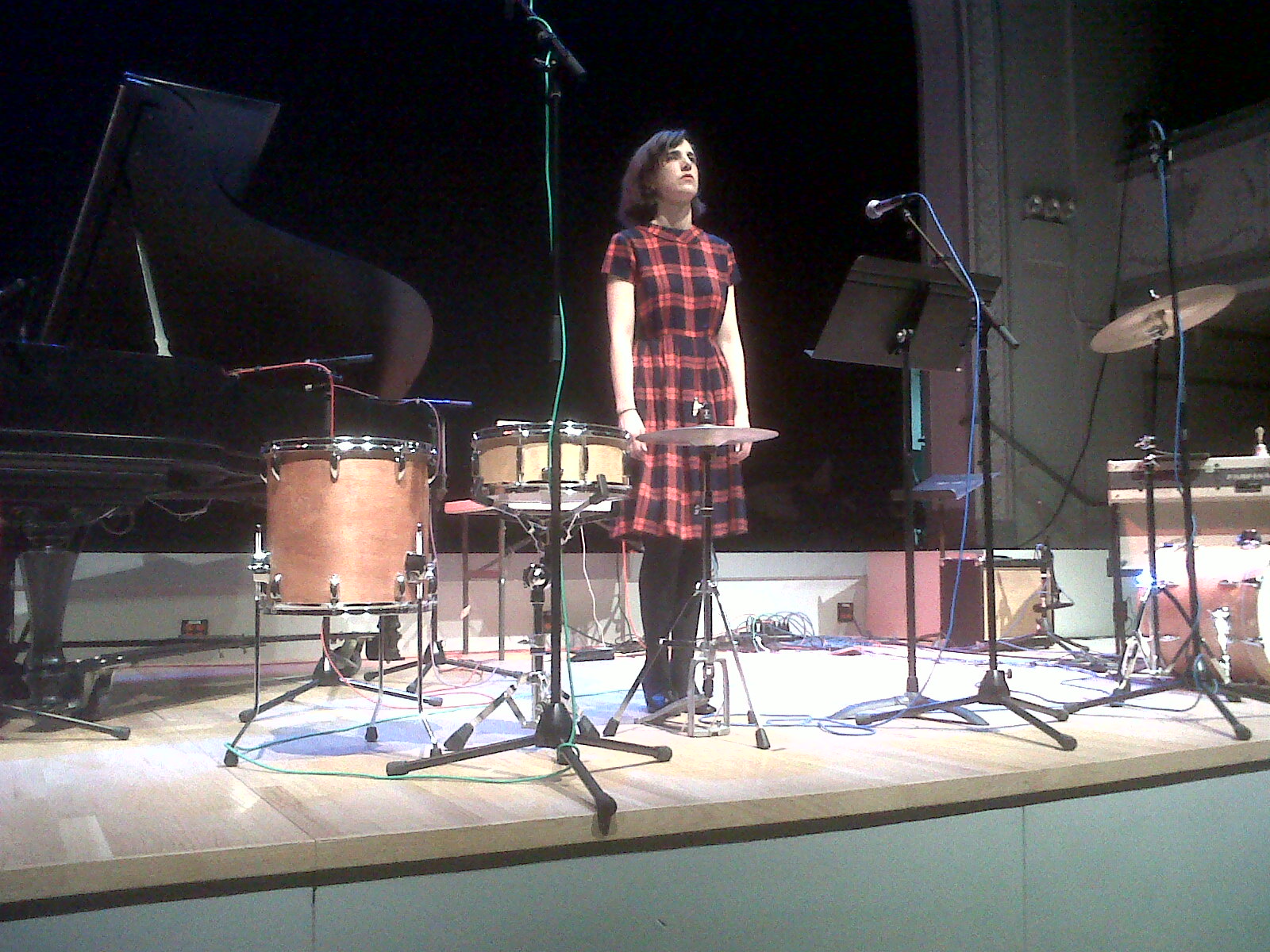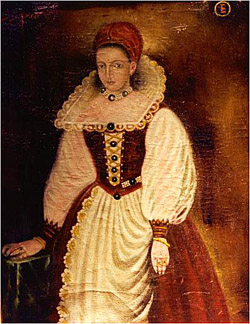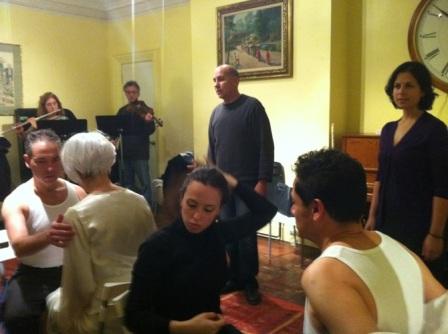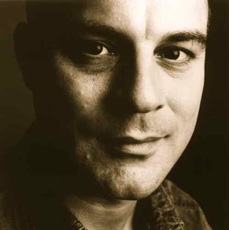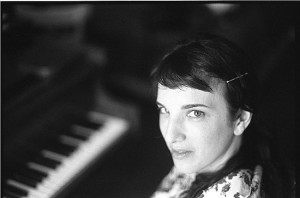
Last month at Columbia University’s Italian Academy, I was formidably impressed by an evening of madrigals old and new performed by the vocal ensemble Ekmeles. One of the revelations of the evening began with an idea ofensemble director Jeff Gavett. He thought that the madrigals of Carlo Gesualdo might benefit from Nichola Vicentino’s 31-tone equal tempered scale, most famously employed in the tuning of an instrument of his design, the archicembalo.
While, as Gavett admitted in the concert’s program notes, there is not direct evidence that they were ever performed this way in the presence of Gesualdo, there is some documentary evidence that Vicentino’s writings and an archicembalo were available to the composer. But here, the proof was in the singing. Gesualdo’s music sounds glorious in 31-TET. Indeed some of its idiosyncratic cross-relations and chordal voicings glisten: equally, wonderfully, strange, but somehow refocused.
Ekmeles contains several youngish singers with winsome voices: Gavett, soprano Mary Mackenzie, and countertenor Eric Brenner are notable standouts. Their interpretative maturity and skill in preparing the challenging works on the program bely the freshness of Ekmeles’ sound. The group also brought in a “ringer of ringers” for the second act. New music superstar soprano Lucy Shelton joined Ekmeles for a spirited rendition of Elliott Carter’s late Ashbery setting Mad Regales.
The program also featured several deconstructions of the madrigal aesthetic. Peter Ablinger’s Studien der Natur, in which sounds of nature and commerce alike are recreated using only voices, was a rather charming one-upping of Josquin’s El Grillo. Johannes Schöllhorn and Carl Bettendorf took the madrigal into postmodern, often craggy, territory. Martin Iddon’s hamadryads required the group to play water-filled glasses and employ headsets to grok its very expanded Pythagorean tuning that is notated down to 100ths of a cent! Incredibly challenging to perform. But then, Ekmeles revels to be challenged.
__________________________
This Thursday, composer Randy Gibson’s work will be in full force on the Music at First series. The concert features the world premiere of Gibson’s Circular Trance Surrounding the Second Pillar with The Highest Seventh Primal Cirrus, The Utmost Fundamental, and The Ekmeles Ending from Apparitions of The Four Pillars (fit that title on a postcard!), a concert length work in just intonation for sine wave drones and seven voices. Also on the bill is a set from Canadian harpsichordist Katelyn Clark.
Performance details
Date: Friday, November 18th 2011
Time: 7:30pm
City: Brooklyn, NY
Venue: First Presbyterian Church of Brooklyn
Address: 124 Henry Street
Admission: $10

